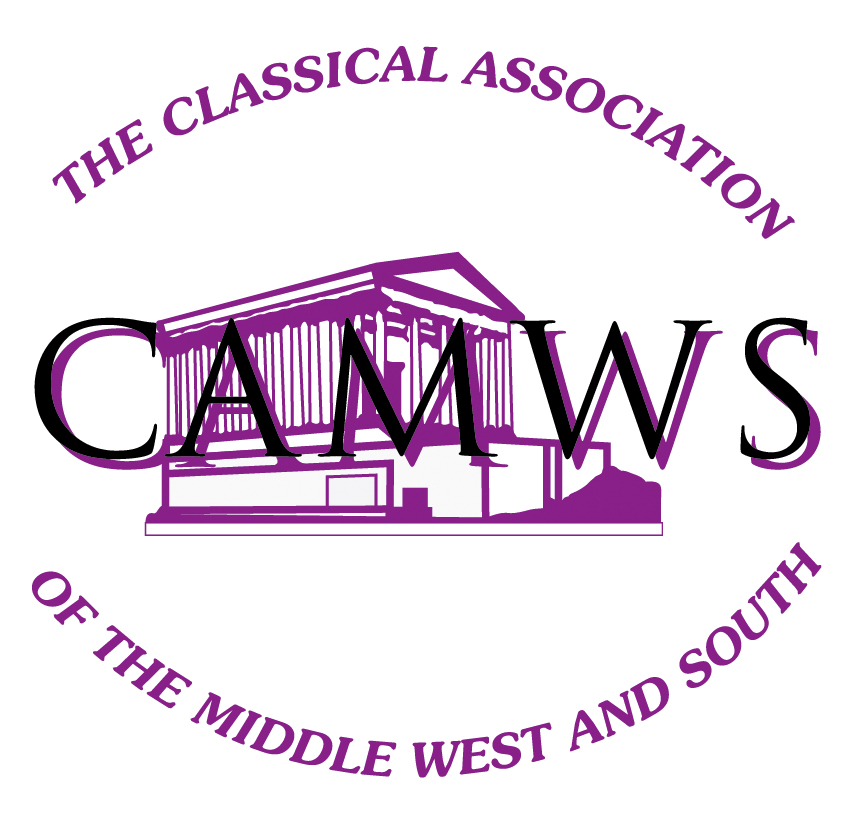By carolinebishop | September 5, 2022
This post was co-authored by current COGSIP chair Caroline Bishop and former COGSIP chair Jason Nethercut and endorsed by the other members of the committee.
In light of recent high-profile reporting on instances of harassment in our field — and the equally high-profile denials that such harassment has taken place — the Committee for Gender and Sexuality in the Profession wants to remind the constituency of the SCS that this sort of harassment is not an isolated incident. In 2019, our committee released a report on the survey conducted by the SCS on sexual harassment within the field of classics. The results were sobering. Repeated sexual harassment and discrimination is a fundamental problem in our field, and it regularly goes unpunished. Furthermore, power differentials are at the core of our field’s sexual harassment problem, as harassment regularly takes the form of tenured faculty’s predation of their students and non-tenured colleagues.
Our report is available here, but we will summarize the findings again for those who do not wish to click through. 40.9% of SCS members responded to the survey. Of this group, 48.9% reported incidents of harassment that made them feel uncomfortable or afraid, with 80.4% of that number reporting five or more such incidents. 76% of these reported incidents were based on the gender of the respondent, and 85.4% occurred when the respondents were in untenured positions. Over half of these incidents took place when the respondents were students: 44.4% occurred when the respondents were graduate students, and 6.3% when the respondent was an undergraduate. The latter number should give us pause, given that it is relatively rare for undergraduates to be members of the SCS, and that many who experience harassment as undergraduates may choose not to continue in the field. A common theme among reports of harassment while the respondent was a student was predatory behavior and demeaning or sexual remarks from male faculty in positions of power over them. Contingent and non-tenured faculty were also a major target of harassment: 34.6% of reported incidents occurred to members at this career stage, and the most common theme was, again, of men of higher rank perpetrating a wide variety of acts against women of lower rank. Only 3.2% of these incidents of harassment resulted in consequences for the person responsible.
The most obvious disparity revealed by the survey was in the gender of those who reported harassment. Only 19.7% of those who identify as men said they had experienced harassment, while 58.9% of those who do not identify as men said that they had. In the free response section of the survey, several self-identified straight white men disclosed that they felt that they had been discriminated against in their freedom of speech or job searches because of their gender and ethnicity. But within the results of the survey itself, very few self-identified straight white men reported harassment, and none reported sexual assault.
One major area our report does not capture is the effect on our committee’s members of reading through dozens of pages of first-hand anonymized accounts of sexual harassment and discrimination. The anonymity of this survey and the assurance that it would remain anonymous was a major factor in eliciting such detailed information, and it would therefore be unethical for us to go into any specifics about these first-hand accounts. But every one of us who read through these accounts has been permanently affected by our experience doing this work. These were not only accounts of offhand, untoward comments in professional settings, but graphic and harrowing descriptions of sexual predation, harassment, and discrimination perpetrated, more often than not, by senior colleagues in our field. More than one respondent mentioned that they had left the field due to continued harassment. How many more former colleagues must there be who also left our profession and, since they are not members of the SCS, did not even receive the survey in the first place?
Our committee wants to impress upon all members of our field the gravity of the situation. We worked through this data personally, and we can affirm it looks worse than anyone might imagine. Most of us remain pessimistic about the situation now that we are three years removed from the survey. Not much has been done to address this problem, and we fear the impact of the survey report is waning. Indeed, anyone who would deny that there is a systemic, power-based, gender-informed problem with sexual harassment in the field of Classics must necessarily disregard the data contained in our report. These data remain as relevant today as they did when our report was released. Recent events (and the responses to these events) that have put our field in the news reinforce this truth.
Fundamentally, our committee’s work must be constructive. To that end, we offer the following action items that would help extend and deepen the work that is now required in light of the data from our harassment survey:
- The 2018 survey was always meant to be the first of many such surveys. There is so much more information we desperately need to quantify. One major datum that came through the survey was the prevalence of intersectional harassment and discrimination faced by our colleagues from multiple historically-excluded identity vectors. A future survey should take this phenomenon as its central question.
- We know now how widespread and pernicious sexual harassment and discrimination are in our field. This is important baseline data. In the future, we must conduct follow-up surveys to determine any change — for better or worse — in this baseline data. Accordingly, the SCS will be better able to institute policies to address this problem in our field. There’s potential for action on these two items in the near future, with the pending formation of the SCS Data Committee.
- The SCS has already adopted successful policies in response to the 2018 survey (most notably, the anti-harassment agreement that is now a precondition for attending the annual meeting and the ombudsperson), but more can be done while we await the next installment of data-gathering. One potential option would be for the SCS to sponsor a training session at its annual meeting for bystander intervention into instances of sexual harassment and assault. The Women’s Classical Caucus has previously organized bystander-intervention training at the SCS annual meeting.
- Education about best practices for mentoring and opportunities for students and colleagues to develop diverse mentoring networks is also imperative, so that colleagues who face this harassment have safe people to turn to. COGSIP has reached out to representatives of mentoring programs from different professional organizations and is planning to hold a panel on mentoring at the 2023 SCS meeting. One of our goals for this panel is to spark additional dialogue about how we can work to promote mentoring with diversity, inclusion, and equity in mind.
Header image: Statue of Apollo and Daphne, by Gian Lorenzo Bernini. Image courtesy of Wikimedia Commons.

Jason Nethercut is Associate Professor of Classics at the University of South Florida. His research focuses generally on Latin poetry, especially during the Republican period.


